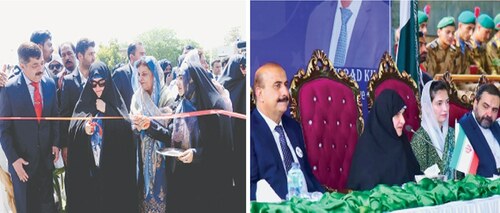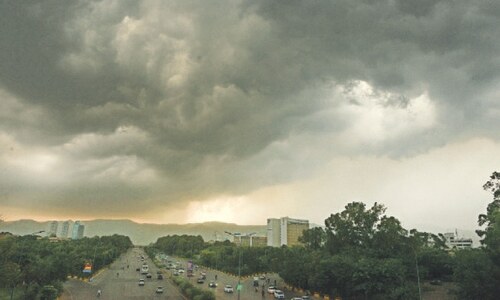RAWALPINDI: Residents of Rawalpindi spent Wednesday in search of fuel, as many petrol stations closed down after finishing their stock due to the Oil Tankers Association strike, which ended in the evening.
Most petrol stations remained closed on Wednesday as the supply of petrol was suspended until evening, causing problems for motorists.
Meanwhile, illegal petrol sellers in Dhoke Hassu, on Peshawar Road, in PWD near the Islamabad Expressway and on Jhelum Road cashed in on the situation. The small outlets kept small petrol containers that they sold to motorcyclists and drivers at high prices.
The supply of petrol began at night after the strike ended.
All Pakistan Oil Tanker Association Chairman Aslam Khan Niazi told Dawn: “There was a ban on the movement of oil tankers in the city and cantonment areas in the day time, so we started transporting the petrol from Sihala, Chaklala and Morgah.”
He said the petrol supply would be restored as per the routine on Thursday morning, as fuel will be transported to petrol stations at night. He added that the association would adopt the maximum safety measures following the negotiations.
Long queues were seen at petrol stations on Wednesday, mostly due to people who wanted to fill up their petrol tanks to avoid a further shortage.
Misrial Road resident Mohammad Imran said taxis had also raised their fares due to the petrol shortage. “I hired a taxi from Saddar to Misrial Road, and the driver demanded Rs300. There is no check and balance in the city, and the administration failed to take notice of the situation,” he said. Mohammad Jamil, who lives in Westridge, said public transport services also raised their fares, saying they had gotten petrol from outside the city areas.
“After the CNG crisis, a petrol crisis has started in the city as strikes create problems for the common man,” he said.

“After seeing the long queues at petrol stations, I went to Islamabad where there fewer queues. I managed to get petrol after waiting for an hour,” Hamza Malik said.
Government departments also managed to get petrol from their designation petrol stations early in the morning to avoid a shortage, while hospital administrations received fuel for their ambulances.
However, school transport operated by private owners did not run due to the shortage. Chaklala Scheme III resident Tariq Raja said: “I had to drop my children to school and bring them back as the wagon did not arrive.”
Published in Dawn, July 27th, 2017














































Dear visitor, the comments section is undergoing an overhaul and will return soon.